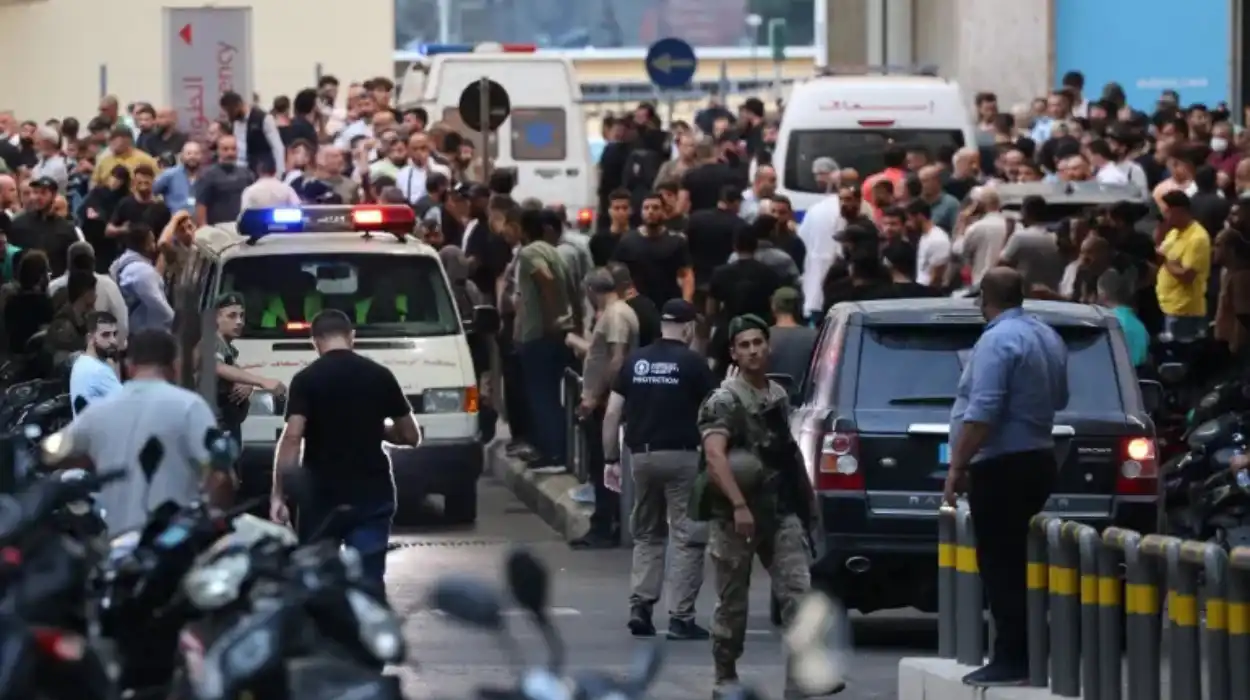Fears of escalating conflict in the Middle East have surged as Hezbollah has promised retaliation against Israel for a recent attack involving exploding pagers that killed 12 people and injured over 2,800 in Lebanon and parts of Syria. In a statement, the Iranian-backed militant group warned that Israel is facing a “difficult reckoning” for the coordinated strike, which has been attributed to Israeli security services.
This unprecedented cyberattack has heightened concerns that tensions between Hezbollah and Israel could escalate into full-blown war, especially given the ongoing conflict in Gaza. The attack, which Israel has not officially commented on, has drawn widespread condemnation from global and regional leaders. Hezbollah has made it clear that it holds Israel “fully responsible” and will seek revenge.
Hassan Nasrallah, the leader of Hezbollah, is expected to address the situation, emphasizing that the attack will only strengthen the group’s resolve to support Gaza. Meanwhile, Iran’s Foreign Ministry condemned the incident, accusing Israel of “mass murder” and claiming that Western nations support such actions.
US Secretary of State Antony Blinken, in Egypt to discuss ceasefire efforts for Gaza, denied any prior knowledge of the attack and urged for restraint to prevent further conflict. Similarly, Jordan’s foreign minister warned that Israel is pushing the region toward war, while the European Union and Russia expressed concern over the potential for large-scale confrontation.
As hostilities continue, with both Hezbollah and Israel engaging in near-daily exchanges of fire, there are growing fears of a broader regional conflict involving Iran. The Lebanese government has indicated it is preparing for heightened conflict, urging readiness and stockpiling essential supplies.


